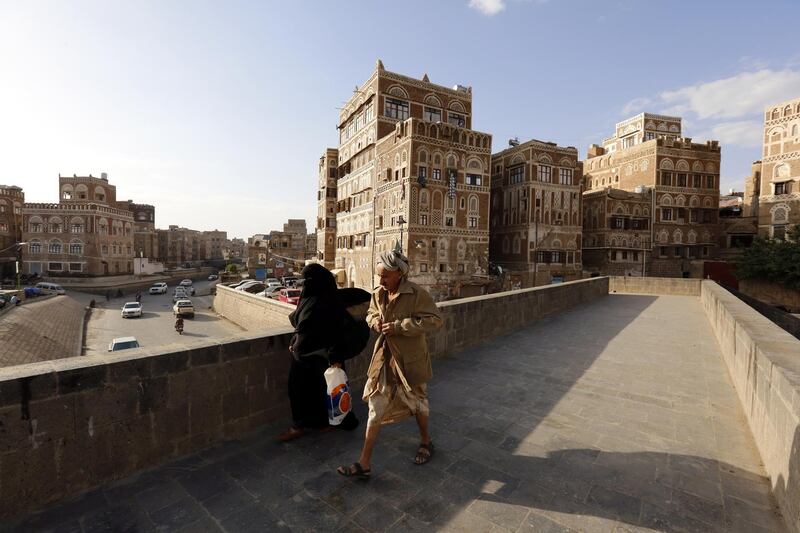Geography has decreed that Yemen is a country of global significance. The UAE's decision to focus its efforts on counter-terrorism and support for a peace-first strategy strategy in the country marks a turning point that capitalises on several recent turning points.
The strategic interests at stake now depend on an evolution of the country's political landscape. Negotiations have granted the space to move to the next stage. The security interests of Yemen have not changed but the route to resolution is now clearly seen as being at the talks table.
Just over a decade ago, Yemen harboured some of the most sophisticated terror plots on the planet. Many of the masterminds of older terror campaigns, such as the disrupted 2010 plot to plant explosives on cargo planes, have been successfully targeted there.
The importance of continuing operations against groups such as Al Qaeda in the Arabian peninsula remains as vital as ever. A divided Yemen would have the potential to incubate new terror groups or allow the regrouping and regeneration of older ones.
For these reasons and others, the ongoing deployment of hundreds of UAE troops remains necessary to sustain the achievements of the last four years. The internationally recognised government of Yemen has been restored to Yemeni soil. It is not a creature of five-star hotel suites in exile capitals. The institutions of the state have withstood the challenge posed by the Houthi takeover.
The Yemeni security forces are already carrying the biggest part of the fight to maintain the government’s sway – not only in Aden, but along the sweep of coast that takes in the Arabian and Red Seas. The resilience of the military represents a massive achievement for the Arab Coalition.
Ongoing support for the security forces means their chain of command can sustain efforts to rebuild in territory the government controls.
The wider prospects for the UN-led peace process, underpinned by last year’s Stockholm Agreement, are now looking better than ever. The opening up of Hodeidah port to ensure a better flow of humanitarian aid across Yemen grants all sides a platform to engage more deeply in political negotiations.
When UN special envoy Martin Griffiths made his most recent update to the United Nations Security Council (UNSC), he described Hodeidah as the “gateway” to the next stage of the political process.
He revealed how the UN had been able to convene a meeting between the parties, held on a boat on the Red Sea. Mr Griffiths also gave insights into the practical arrangements, such as tripartite monitoring of the situation in the city, revenue collection arrangements and work to end ceasefire violations.
These measures will hopefully lead to the establishment of a local security force and ensure that port revenues are used for local regeneration.
There are greater issues not yet fully incorporated in the UN process. Mr Griffith’s report contains only a glancing reference to the damaging effects of attacks on Saudi Arabia by Houthi forces.
The missile strikes highlight Yemen’s role as a platform for Iranian proxies in the heart of the Arabian peninsula.
As the giants of the global economy prepare for next month’s G7 summit in France, the issue of freedom of navigation is at the top of the agenda, following a series of incidents in the Strait of Hormuz.
In the meantime, several countries have now said they plan to escort their own-flagged ships through the strait to fend off threats of seizure by Iran.
The crisis at one end of the peninsula raises the stakes for the Yemen talks as well. How much worse would be the crisis if Iran was able to project a similar disruption from the Bab Al Mandeb strait? Closing off the Red Sea and the Suez Canal as well would mark a terrifying stranglehold on international shipping.
For several decades, it has been clear that Yemen is a country in need of serious help. Natural resources are few, the land is exhausted and the water table dangerously depleted.
However, defending its independence, entrenching the institutional and territorial gains of recent years and working for Yemeni-led reconciliation are vital. A peaceful and stable Yemen is a great prize, both for the region and the wider world.





